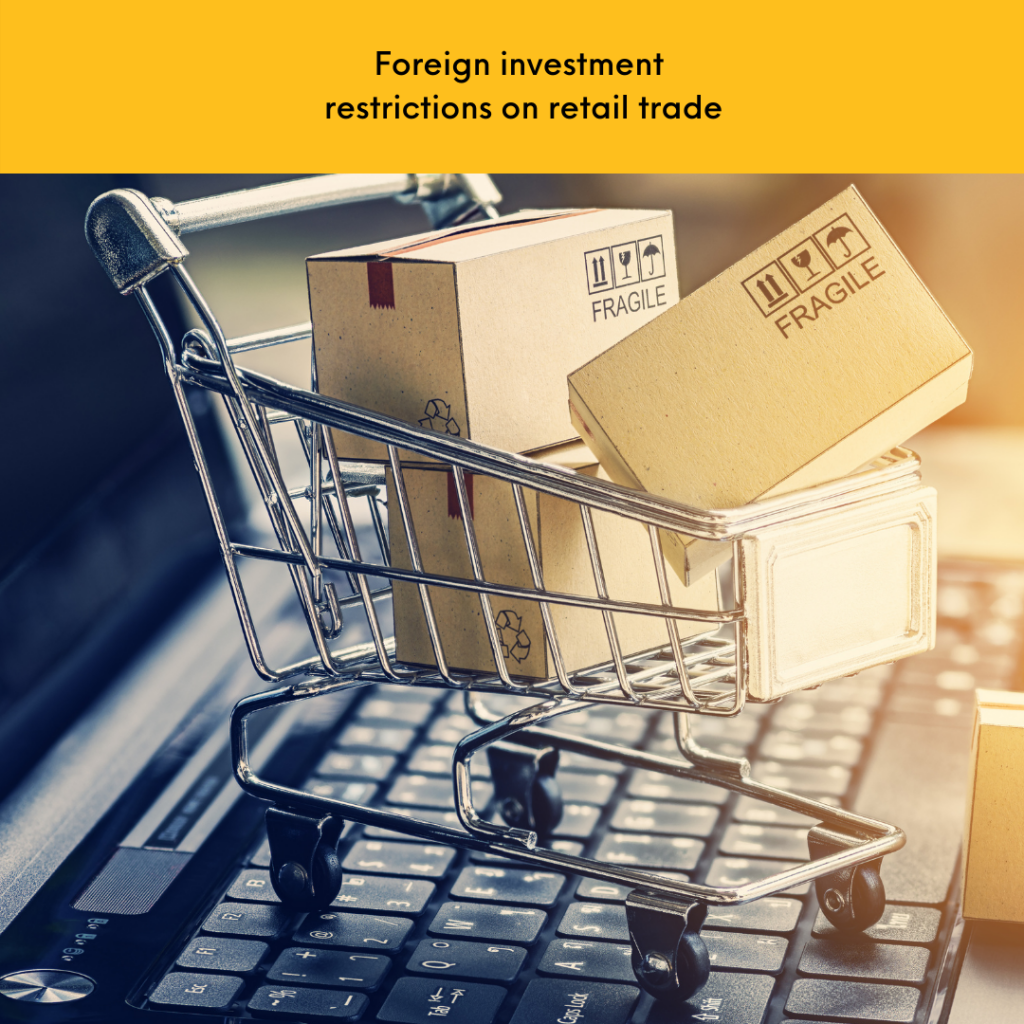
Published 20 September 2021, The Daily Tribune
Digital technology continues to rapidly drive globalization. Rather than slowing down globalization, the restrictions brought about by the pandemic only highlighted how integrated the world economy is. In fact, it was during the strictest lockdown that reliance on e-commerce was magnified as it gave Philippine consumers ready and easy access to goods even from suppliers located in other countries, all in the safety of their own homes and with just a click. E-commerce gave consumers the power to purchase goods from across economic and geographic boundaries.
As e-commerce intensifies economic integration, domestic enterprises are forced to face global competition, which may lead us to reevaluate and revisit whether the protection afforded by current laws are sufficient to ensure adequate protection for Philippine market, particularly for those engaged in retail trade. The Foreign Investment Act allows full foreign ownership for enterprises engaged in domestic market enterprise, unless existing or special laws otherwise provide. However, the FIA seeks to protect local small- and medium-sized businesses as it specifically reserves to Philippine nationals ownership over enterprises with paid-in equity capital of less than $200,000, provided that only $100,000 minimum paid-in capital shall be required if such enterprise involves advanced technology or employ at least 50 direct employees. Domestic market enterprise is defined in Section 3(f) of the FIA as an enterprise which produces goods for sale, or renders services to the domestic market entirely or if exporting a portion of its output fails to consistently export at least 60 percent thereof.
As an additional protection for local retailers, the Retail Trade and Liberalization Act (RTLA) imposes high capitalization requirements for retail enterprises with foreign equity participation. Section 3(1) of the RTLA defines retail trade as any act, occupation or calling of habitually selling direct to the general public merchandise, commodities or goods for consumption; provided that, retail trade shall not cover the following:
(a) Sales by manufacturer, processor, laborer, or worker, to the general public the products manufactured, processed or products by him if his capital does not exceed P100,000;
(b) Sales by a farmer or agriculturist selling the products of his farm;
(c) Sales in restaurant operations by a hotel owner or innkeeper irrespective of the amount capital: provided, that the restaurant is incidental to the hotel business; and
(d) Sales which are limited only to products manufactured, processed or assembled by a manufacturer though a single outlet, irrespective of capitalization.
Under the RTLA, an enterprise engaged in retail trade may be fully or partially owned by foreigners if the corporation has a minimum paid-up capital of at least $2,500,000 or $250,000 per store if the enterprise specializes in high-end or luxury products. Additionally, retail trade enterprises with paid-up capital of more than $2,500,000 with foreign ownership exceeding 80 percent of equity are required to offer a minimum of 30 percent of their equity to the public through any stock exchange in the Philippines within eight years from the start of operations, unless the enterprise specializes in high-end or luxury products.
Further, Section 2, Rule III of the Implementing Rules and Regulations of the RTLA requires a minimum investment of $830,000 for each branch/store established by foreign retail enterprises with at least $2,500,000 paid-up capital, but which does not specialize in luxury goods.
Section 8 of the RTLA likewise requires that foreign retailers meet the following qualifications to be allowed to engage in retail trade in the Philippines: (a) minimum net worth of $200,000,000 for the parent corporation, unless the enterprise specializes in luxury goods in which case, only $50,000,000 net worth is required for its parent corporation; (b) five retailing branches or franchises in operation anywhere around the world, unless such retailer has at least one store capitalized at a minimum of $25,000,000; (c) five-year track record in retailing; and (d) only nationals from, or juridical entities formed or incorporated in countries which allow the entry of Filipino retailers.
The RTLA, however, does little to protect Philippine retailers from global competition brought about by e-commerce considering that the capital requirement is applicable for enterprises which seek to register in the Philippines. We are currently monitoring whether Senate Bill 1591, which seeks to regulate Internet transactions, including Internet retail of consumer goods, will provide protection to Philippine merchants. The bill proposes, among others, to require registration with the Philippine government of those engaged in e-commerce in the Philippines, and to subject non-residents who market goods or services which are accessible to Philippine consumers to Philippine law.
For comments and questions, please send an email to cabdo@divinalaw.com.

